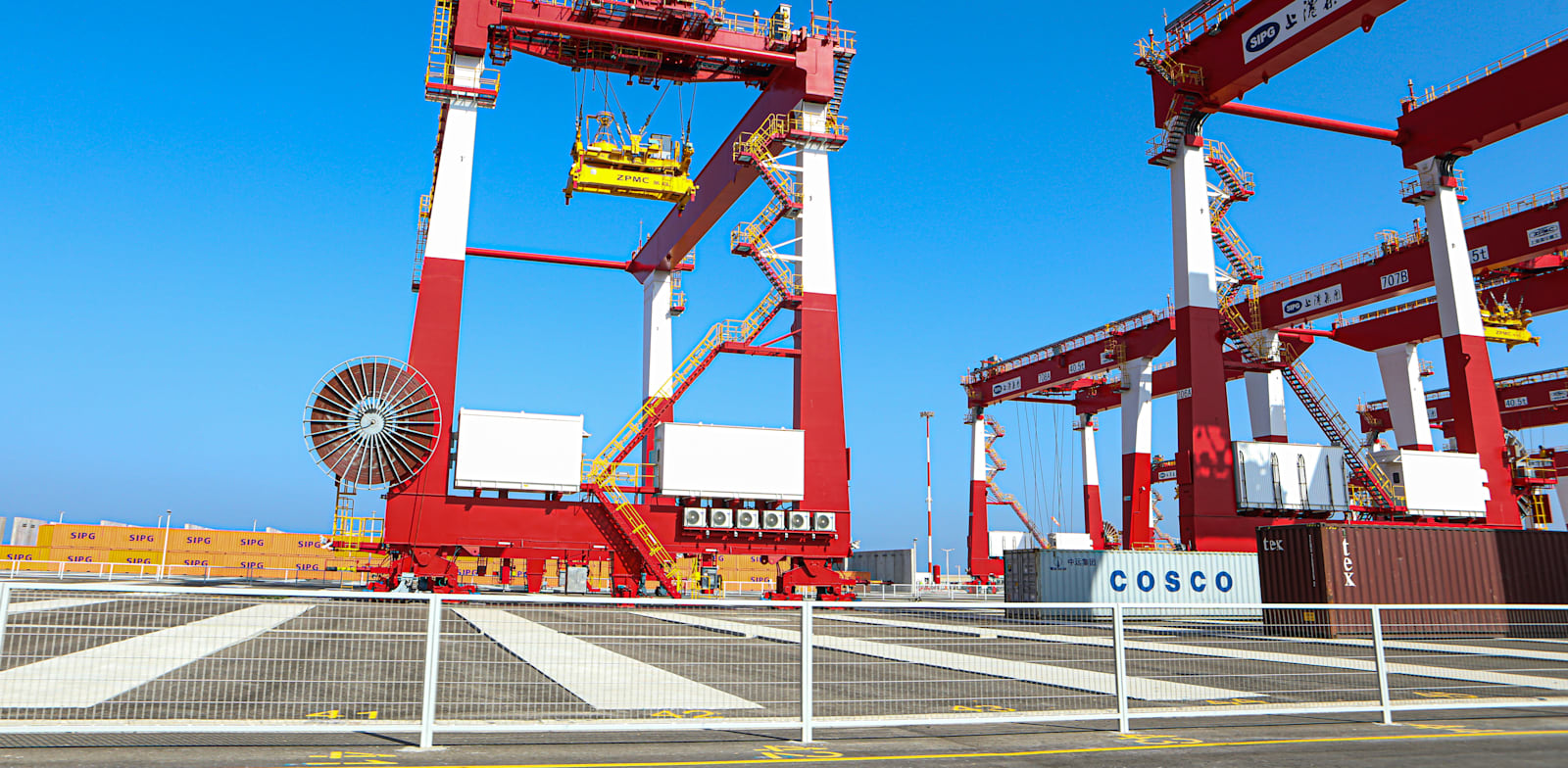President Biden has announced plans to invest NIS 20 billion in local crane production and expand the authority of American authorities to investigate cyber security issues in port infrastructures, following reports that modems used for communication and data collection on top of cranes from a leading Chinese manufacturer were discovered.
The Chinese company ZPMC, based in Shanghai and dominating over 70% of the world market for port cranes, denied the suspicions against them and claimed to comply with the laws and regulations of relevant countries. However, an investigation by the Committee on Homeland Security in the US found communication means without a clear purpose in ZPMC cranes, leading to concerns about potential espionage or disruption in supply chains.
In response to these revelations, President Biden entrusted the US Coast Guard with handling cyber security in ports and initiated an approximately 20 billion dollar investment in a new American-made infrastructure program for sea ports over five years. Despite these measures, concerns remain about the potential risks associated with Chinese-made cranes and their capabilities.
Israel has also sparked controversy around Chinese involvement in its ports, with conflicting opinions from experts and decision makers. While some voiced concerns about security risks and the need to replace Chinese electronic systems with more secure European ones, others downplayed the potential threats and emphasized the economic benefits of using Chinese cranes.
Overall, ensuring the security and reliability of port infrastructure remains a topic of debate among experts and decision-makers around the world as global trade continues to rely on efficient port operations.



